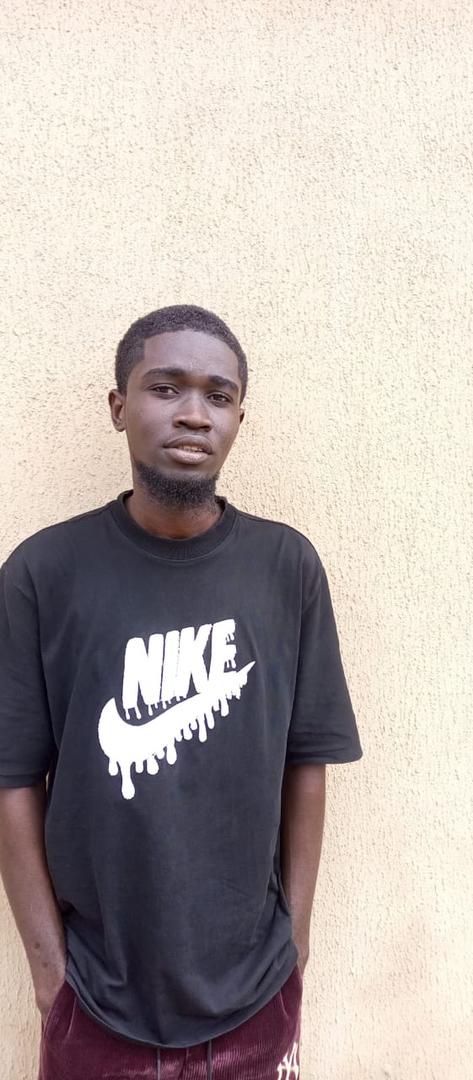Nice work.
Sponsored Advertisements
The Rise of African Entertainment: A Journey Through History, Culture, and Global Influence
Leave a Reply
New Discussions
-
konnect cash out Every 25th of a new month

Konnect Official
27 mins ago99 -
Earn in Dollars

King
40 mins ago00 -
The most expensive thing in this picture is not even the car.. oh God 💔

Mich Elle
41 mins ago00 -
My mind cut, cause I think say na me dem dey find 😂

Mich Elle
47 mins ago00 -
I trust in you, Lord.

Mich Elle
48 mins ago00















Youngfresh
51 days agoIntroduction
Africa’s entertainment history is a vibrant tapestry woven with music, dance, storytelling, theatre, film, and digital creativity. From ancient drum beats echoing through ancestral villages to Afrobeats dominating global charts, African entertainment has not only preserved cultural heritage but also shaped global pop culture. This article traces the remarkable journey of Africa’s entertainment scene — celebrating its rich past, transformative milestones, and unstoppable momentum.
https://lodpost.com/the-rise-of-african-entertainment-a-journey-through-history-culture-and-global-influence-16915
1. Traditional Roots: The Origins of African Entertainment
Long before modern media, African communities expressed themselves through storytelling, oral poetry, masquerades, music, and dance. These weren’t just performances — they were tools for preserving history, teaching morals, celebrating harvests, and uniting tribes.
Griots in West Africa, especially in Mali and Senegal, were the original entertainers and historians, passing down knowledge through songs and spoken word.
Drumming and dance were not only art forms but sacred acts. Instruments like the djembe, kora, and mbira told stories beyond words.
Theatre and masquerade festivals like Nigeria’s Egungun and South Africa’s Zulu Reed Dance held spiritual and communal significance, blending performance with identity.
2. Colonial Disruption and the Rebirth of Expression
The colonial era disrupted many indigenous practices, imposing Western tastes and censoring local voices. However, Africans adapted — blending traditional styles with foreign influences to birth new forms of art and resistance.
Theatre evolved with plays by pioneers like Wole Soyinka and Ngũgĩ wa Thiong’o, using satire and drama to challenge political oppression.
Early African cinema emerged, notably Ousmane Sembène’s "Black Girl" (1966), which confronted colonial legacies.
Music genres like Highlife, Soukous, and Mbaqanga spread across West and Central Africa, reflecting urbanization, resistance, and identity.
3. The Golden Era: 1980s – Early 2000s
During this period, Africa’s entertainment scene matured and diversified.
Nollywood, Nigeria’s film industry, exploded in the 1990s. With grassroots budgets and relatable stories, it became the second-largest film industry in the world by volume.
South Africa’s kwaito music captured the post-Apartheid youth spirit, while Senegal’s mbalax and Congolese rumba captivated continental audiences.
Pan-African television networks like Africa Magic and Channel O began broadcasting African content to broader audiences.
4. Digital Disruption and Global Takeover
The 2010s marked Africa’s digital revolution — a game-changer for music, film, and content creation.
Afrobeats, led by artists like Wizkid, Burna Boy, Davido, and Tiwa Savage, crossed into global mainstream, earning Grammy awards and Billboard success.
Platforms like YouTube, Boomplay, Audiomack, and TikTok empowered independent creators and youth-driven trends.
Streaming giants like Netflix, Showmax, and Amazon Prime now feature African series and movies, such as Blood & Water, Aníkúlápó, and The Black Book.
The rise of influencers, vloggers, and skit makers on social media platforms created new income streams and modern storytelling formats.
5. Africa’s Cultural Capital Today
Today, African entertainment is a powerhouse — influencing fashion, slang, dance, and sound around the world.
The 2020s Afrocentric wave is not just entertainment — it’s a movement. African creators are reclaiming narratives, owning distribution, and setting trends.
Events like Afronation, Gidi Fest, and Cape Town International Jazz Festival celebrate African excellence globally.
Cross-border collaborations — from Beyoncé’s Black Is King to Rema and Selena Gomez’s Calm Down — show Africa is not just part of pop culture, but leading it.
Conclusion: The Future Is Ours
African entertainment has come full circle — from village squares to global stages. What began as ancient traditions has evolved into a multi-billion-dollar creative industry fueled by innovation, youth, and resilience. As we move forward, the world is not only watching — it’s dancing to Africa’s rhythm.
Africa tells its own stories now — and the world listens.